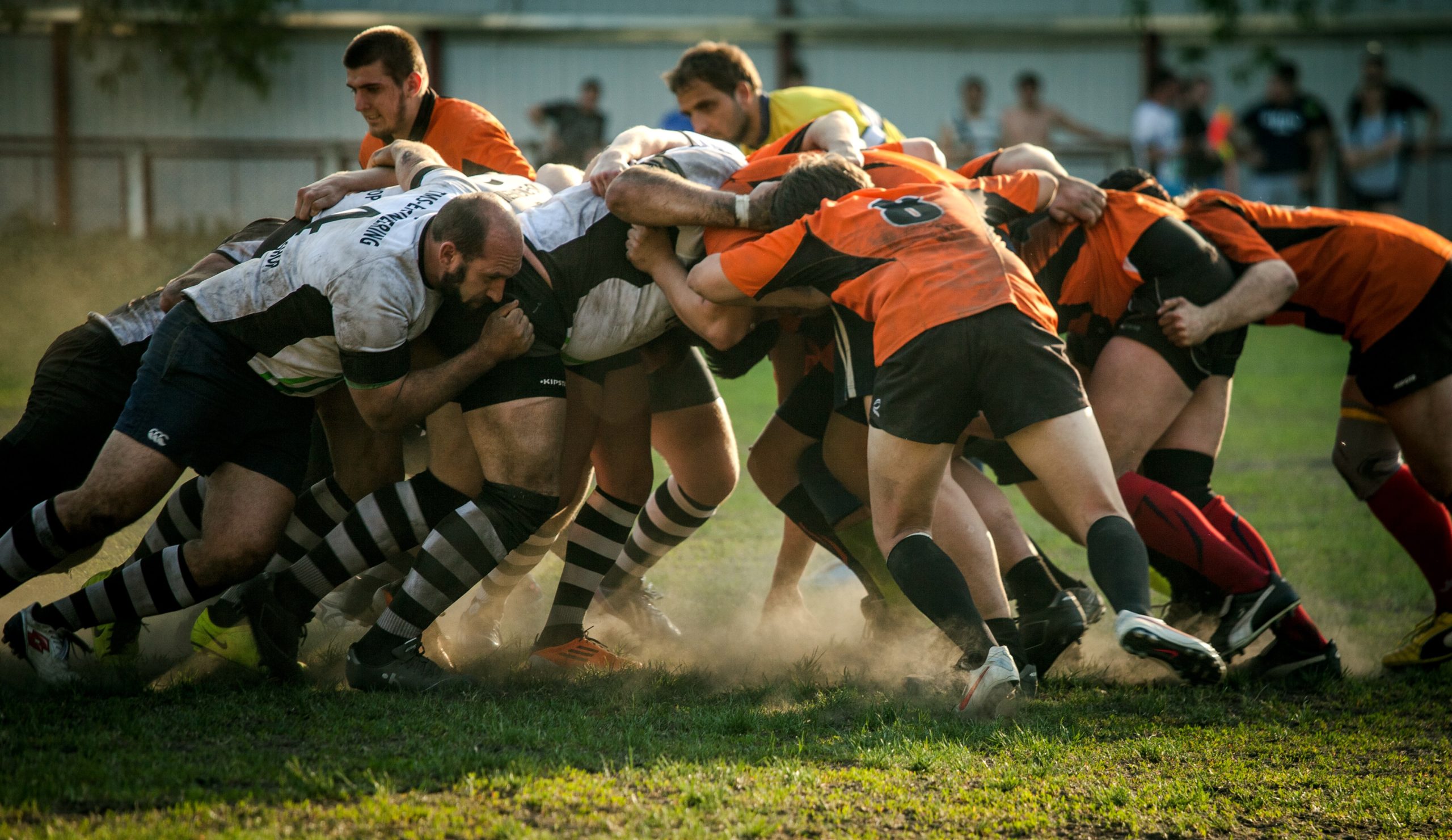The cyclical nature of sports, and how that relates to fulfillment.
One of the realities of life as a competitive athlete is that our lives are very much subject to the cycles of our sport. Those cycles exist within different scopes of time, ranging from a year (Think preseason-season-postseason-offseason) or a competition (More like game prep – practice – pregame – compete – recover and evaluate). The lives of competitive athletes are very much punctuated by the process of preparing, competing, and then recovering. We have little control over the timing, as that’s determined by the sport, but we do grow up in the midst of it. These cycles give us a measure of predictability and a clear sense of where we are in time. It makes the tough times easier to endure, knowing they will end soon, and it accentuates the positive moments. It is a real benefit because it allows us a predictability that ‘real life’ doesn’t often afford.
We live in these cyclical schedules and the predictability of their guidance, until we stop competing. So then, what happens when the time comes for us to walk away from competition? The loss of the structure behind our sport can be one of the many things that causes some former athletes to feel so listless and unfulfilled. We lose the security of that cycle.
The first season that begins without us can be among the most difficult. No matter how far removed we may be from our last season, we all can remember that feeling when it was time to go back into training, or out into the field, track, or court itself. That first time we weren’t a part of the experience can be memorable. We sat back and watched others return, and we did not. If there is one specific moment that captures the experience of life after sport, this is it. It is the moment when we are confronted with the reality of what we are no longer. It’s the Identity Moment. We defined ourselves as that athlete for so long, found our sense of self-worth in the game, and the ending became transparent in our absence from that cycle.
The games, or sports, or races, or events all continue on in our absence. New athletes take our place, and we are left to find whatever comes next. The cycles continue unbroken. This is the key point in the emotional experience of the former competitor. For some, there are opportunities to coach, or officiate, or to remain involved in our sport in some form, but the experience is not the same.
We can, of course, live without these cycles and be very happy. The process becomes one in which we move on in as healthy a way as we possibly can. Life is different, and that doesn’t necessarily mean bad. Some competitors are actually relieved to be free of the constraints and structure. Others seek out new patterns or security in other forms. The journey itself is what we have in common – the roads and outcomes are where the experiences become personal, and dependent upon our individual values and circumstances.
There are definitely cycles to life outside of sport as well, of course. Seasons, work schedules, family life, and even our outside activities have seasons and phases. Those are a part of ife, and we move within them just as anyone else does. That said, when we grow up in the competitive world, the cycle of sport takes on an even greater and more intricate role in shaping our development and out thought patterns. It gives another form of cognitive framework to our development as people. There is comfort and security in structure, particularly when we are younger. We know what’s going to happen next, even though our role in that happening may be as yet undetermined. The tournament will happen, the playoffs or championship will be decided regardless of whether we are a part of it. That certainly becomes a part of what we miss. It also becomes a part of what we will need to replace in order to find a sense of fulfillment in the world after.
As we look to those next chapters in life after sport, the experiences that shaped us can become a part of a fulfilling life. The most important part of that process is recognizing the impact that our athletic experiences had upon us during our formative years, and upon the expectations we bring to life after. By recognizing the importance of things like patterns or cycles as a way to bring order or reduce anxiety, we can be sure to find these patterns in life after sports.
Our competitive experiences have formed each of us in different ways, and yet they have most certainly formed each of us. The end of competition does not change who we are, but it does change the manner in which we interact with our world. By being aware of our values and preferences, we can make choices that recognize who we are. That becomes the very core of feeling a sense of fulfillment in life – to create a life that reflects our values. The very term ‘Fulfillment’ comes from the verb ‘To Fulfill’ or to complete something. Whatever it is that we choose to complete will feel infinitely more rewarding if it is founded in that which is important to us, and not simply what others say should be important.
It isn’t easy to take such an inwardly focused perspective, but the outcomes feel vastly different when we do. More on that to come…
